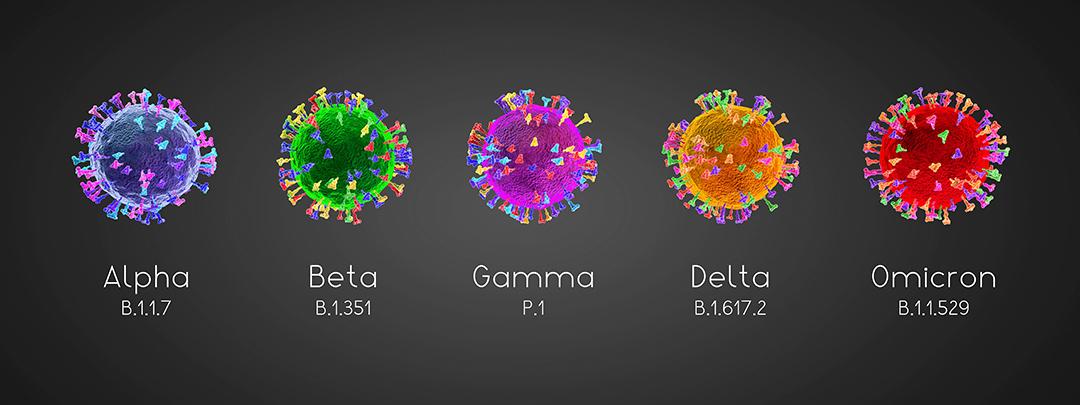
6 December 2021 – Members of the InterAction Council met for a special virtual session on Wednesday (1st December) to discuss the latest developments in the Covid-19 pandemic. The emergence of the Omicron COVID-19 variant underscores the risks of the current response to the pandemic, with each wave devastating economies and international trade, while deepening divisions around the world.
“Omicron shows that vaccine inequality must end,” said Bertie Ahern, Co-chair of the InterAction Council. “We know that vaccines are a critical part of the solution, and yet deepening global inequalities are being created by a lack of vaccines in low-income countries. We must not ignore the root causes of vaccine nationalism and the inherent risks presented by new variants that may evade the protection afforded by existing vaccines. We are all in this together.”
But vaccines are only part of the story. To combat the pandemic effectively, we must understand the effectiveness of a range of public health measures and the need to combine interventions. Furthermore, ensuring a balance of public health measures that reflect individual and national rights with responsibilities should be considered in order to avoid punitive and extreme measures to control the pandemic.
Denial, panic, reactive decisions, combined with inward looking, protectionist and nationalist policies are common human reactions to dealing with emergencies. In contrast, countries that have fared well throughout the pandemic were well prepared and reacted rapidly with modern public health systems that were enabled by political leadership to galvanise multi-sector action.
The absence of a comprehensive global strategy or plan to navigate our way out of the pandemic is a key challenge that reflects the wider failings of our existing multilateral mechanisms to garner decisive and collaborative action. The Council wishes to acknowledge the progress made by the WHO, with the recent agreement to advance a pandemic treaty or convention next year – however, this important initiative focuses only on future solutions. We are now almost two years into the pandemic, with substantial risks posed by new variants and continued pandemic waves; and there is a strong need for a global strategy and multilateral action to bring the pandemic to an end.
The threats to global security and the risks of continuing with a fragmented and nationalist response to the pandemic are substantial. The Council supports a global response enabled by multilateral leadership. Furthermore, the InterAction Council recognizes the importance of investing in and strengthening our public health systems to protect everyone around the world.
The Council thanks Dr. Joanna Nurse, Strategic Advisor to the InterAction Council, for the briefing report and presentation on “Steps towards a pandemic exit strategy – enhancing global security for people and planet.” Bertie Ahern, chair of the meeting, highlighted the need for collaborative leadership and that “no-one is safe until all are safe” and drew the meeting to a close with the following recommendations:
The InterAction Council:
- Calls on governments everywhere in the world to urgently ensure that vaccine inequality ends.
- Supports the development of an international pandemic treaty to help prevent and mitigate future pandemics.
- Calls for multilateral leadership to coordinate a global strategic response that targets risks, maximizes effective public health measures and multi-sector support to ensure an equitable end to this pandemic.
- Urges investment and modernization of public health systems to prevent, prepare for, avert risk, build resilience, respond, and recover from current and future health threats.
- Calls for strengthening of our multilateral global security architecture to prevent pandemics and address health threats.
About InterAction Council
Established in 1983, the InterAction Council of Former Heads of State and Government is an international organization whose objective is to address long-term, global issues facing humankind. Co-chaired by the Honourable Bertie Ahern (Prime Minister of Ireland, 1997-2008) and H.E. Olusegun Obasanjo (President of Nigeria, 1999-2007), the Council’s membership is comprised of more than forty former heads of state and government who volunteer their time to develop proposals for action and submit them directly to national and international decision-makers.

